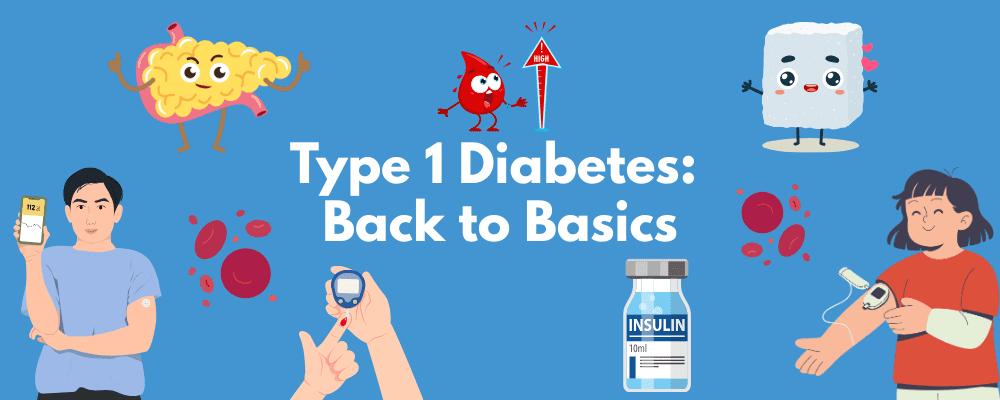Although diabetes has been a topic of research for decades, there are still many unknowns. Researches are always discovering different elements that affect how the disease develops and is managed. Gut bacteria has been a recent area of interest, and researchers at the Salk Institute in La Jolla, California, have stumbled upon an interesting discovery.
While attempting to study the circadian rhythms of mouse metabolism following depletion of the mouse’s microbiome, they noticed something else intriguing: after being treated with antibiotics to kill off certain microorganisms, they found that the mice were able to more quickly and efficiently process glucose. The colon became enlarged as it took on a more prominent role in absorbing extra sugar, which decreased blood glucose levels. In addition, liver function changed as well, which affected metabolism.
Mice – and humans – all have a microbiome composed of a variety of microorganisms that all play a role in health. While some microbes put mice at greater risk of developing diabetes, some actually decrease this risk. The researchers are looking more closely at how certain bacteria affect the body and its function. They already know that ridding the body of bacteria has a significant impact on a mouse’s metabolism.
The scientists are now developing plans to study what elements in the microbiome affect liver function. According to Satchidananda Panda, senior author on the paper and a professor in the Regulatory Biology Laboratory at the Salk Institute, “Perhaps we could find ways to support the growth of certain gut microbes and induce these changes in glucose regulation in humans. We are now one step closer to translating this research.”
Though there is still a great deal of research that needs to be done before potential treatment options for diabetes emerge, it is a step in the right direction. The Diabetes Research Connection (DRC) follows the latest industry news to see what is on the horizon for diabetes care and treatment. The DRC contributes to advancements in research by providing funding for early career scientists pursuing novel research studies related to type 1 diabetes. Find out more about the organization and how to help by visiting Our Projects.




